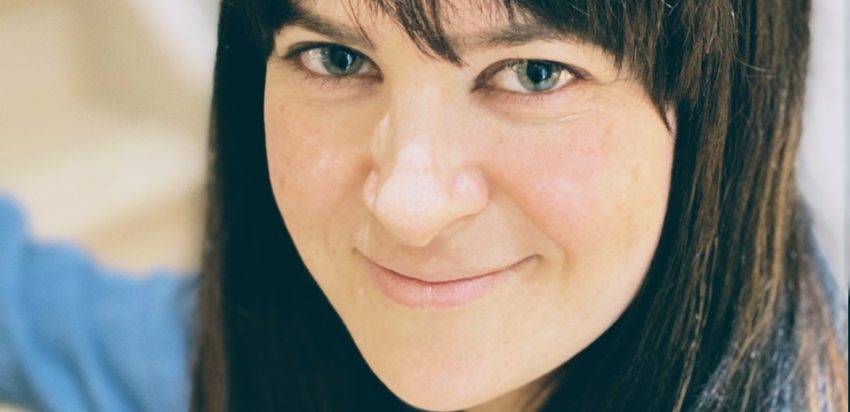Finding the Missing Piece: How Karen Bennis Became a More Competitive Business Analyst Through the Data Analytics Boot Camp

Though she can’t imagine doing anything else now, Karen Bennis didn’t intend to become a business analyst. After completing a postgraduate certificate in technical communications, she worked in the field for a few years writing technical documentation (e.g. user guides).
By chance, Karen took on a technical writing contract that involved much more business analysis than expected. She loved the work and stuck with it, resulting in an eight-year career as an IT consultant.
Throughout her professional life, Karen has found ample opportunities to keep learning. In addition to completing a master’s degree, she’s earned technical certifications in business analysis and user experience design.
Naturally, when she first had a glimpse into the world of software development while working with a large project team, she was intrigued. Sensing an opportunity to grow her skills and fulfil a long-term goal of learning to code, she joined University of Toronto SCS Data Analytics Boot Camp.
We asked Karen a few questions about how skills from the boot camp have aided in her current role as a senior business systems analyst consulting for Janssen (a Johnson & Johnson company). Here’s what she had to say:
What were your goals upon joining the boot camp?
I wanted to be able to have more meaningful discussions with developers. When defining solution design, I didn’t want to propose solutions that were completely outlandish just because of my own ignorance.
With the popularity of agile methodology, one day they’re going to be looking for business analysts who can code. It’s possible that if you can’t code, you’re going to have to move to the business side exclusively and not actually work on software. I think it’s important to keep learning and diversify my skills at every step of the way because it’s easy to become irrelevant.
How does your boot camp experience inform your work at Janssen?
This application [we’re building] integrates with Salesforce. That’s new for me, but I think that the big thing with the data boot camp is that we were learning something new every week. Salesforce wasn’t covered, but I’m not intimidated by new tools thanks to the boot camp. I’m doing things in the back end that I haven’t done before. That’s kind of a cool thing.
How has the boot camp changed the way you approach your work as a business analyst in general?
I know that I can figure out what it takes to make something work. The questions that I’m asking developers are definitely more pointed these days. Before, I used to take things completely for granted. You just have to trust that what you’re being told is the be-all and end-all because if you don’t have the background, what right do you have to question it?
Would you advise other BAs who want to work on software to learn coding?
I would definitely advise them to have some type of exposure to it. Even if you’re not responsible for the delivery of the code, you should be able to at least recognize when something is incorrect. If you have a little bit of exposure, you can be helpful to people when something is not working, which is often in software development.
Where do you see yourself down the road?
I would love to be responsible for defining the user experience and the solution, and to be able to code it myself. I would love to become a jack of all trades so that I never become irrelevant as a career consultant.
I’m trained in user experience design, I have technical writing experience and background, and I have a ton of BA experience. This was kind of the missing piece — coding that is. Once I get stronger at coding, there shouldn’t be any software project where they can’t find something for me to deliver.
Want to find the missing piece of your career puzzle? Get started with UofT SCS Boot Camps in coding, data analytics, UX/UI, cybersecurity, and fintech.

 Live Chat
Live Chat